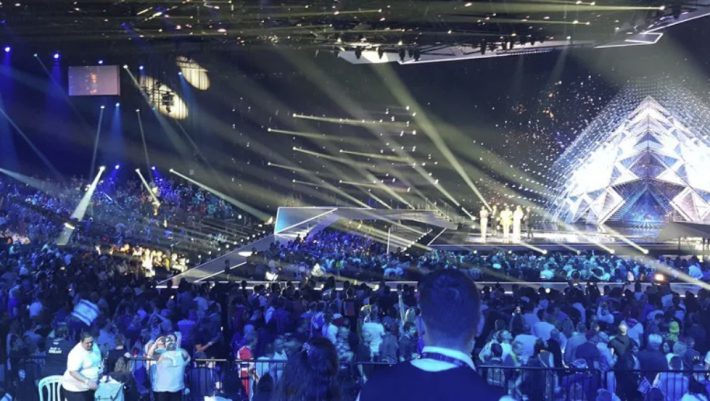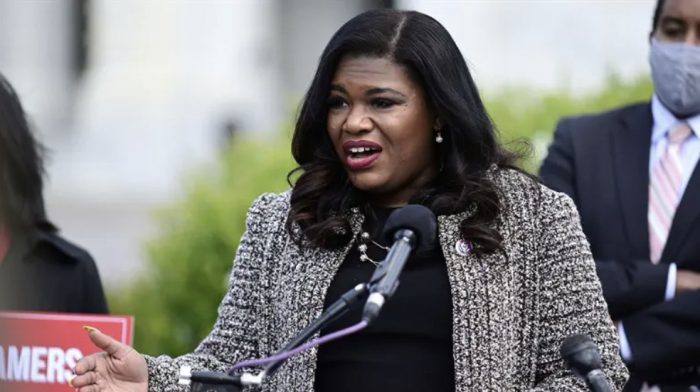The European Broadcasting Union halts a planned November vote on Israel’s Eurovision 2026 participation, defying boycott threats and political pressure.
In a major victory for fairness and against rising cultural hypocrisy, the European Broadcasting Union (EBU) has announced it will delay its controversial online vote on whether Israel will be allowed to compete in the 2026 Eurovision Song Contest — a move widely seen as a pushback against mounting anti-Israel sentiment in Europe.
The EBU cited “recent developments in the Middle East,” referencing the historic ceasefire deal between Israel and Hamas and the release of all remaining Israeli hostages, as a reason to suspend the November vote. The decision means Israel’s participation — through its national broadcaster KAN — remains intact for now, as discussions are deferred to the EBU Winter General Assembly in December.
The Vienna-hosted contest had become a political battlefield after Spain, Ireland, Slovenia, Iceland, and the Netherlands threatened to boycott if Israel were permitted to perform. Yet, Austria’s leadership stood firm: Chancellor Christian Stocker and State Secretary Alexander Pröll warned that Austria “should not host Eurovision at all” if Israel were banned.
Even as Europe’s political left pushes to isolate Israel, Germany’s Chancellor Friedrich Merz took a clear moral stand, stating Germany should withdraw if Israel is excluded — a gesture of solidarity reminiscent of Germany’s post-Holocaust commitment to protecting the Jewish state’s dignity in international forums.
The controversy gained steam after Israel’s 2025 entry, “New Day Will Rise” by Yuval Raphael, captured the hearts of the European public, earning a massive 297 public votes, while juries downplayed Israel’s performance. Despite finishing second to Austria’s JJ, Israel’s overwhelming popular support exposed a deep divide between Europe’s elites and its people.
Spanish and Icelandic broadcasters subsequently demanded “audits” of televoting, alleging “disproportionate support” for Israel — claims dismissed by EBU insiders as politically motivated. Ironically, JJ, the Austrian winner, later walked back his own anti-Israel comments, admitting “music should unite, not divide.”
By delaying the vote, the EBU has signaled that it will not let cultural terrorism dictate artistic freedom. The decision resonates beyond Eurovision — it’s a statement that Israel’s voice, art, and resilience cannot be boycotted into silence.





